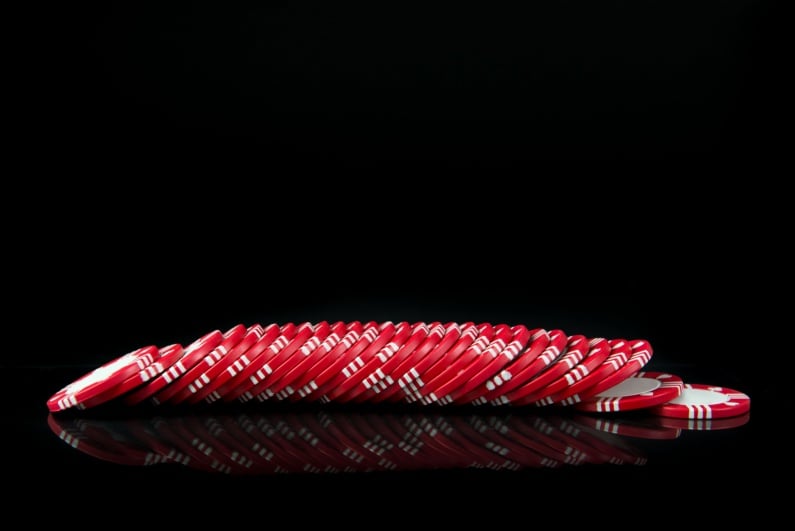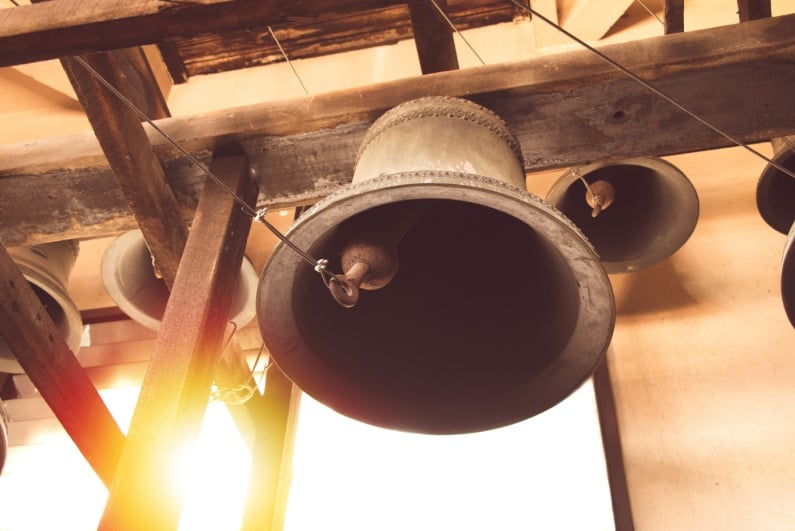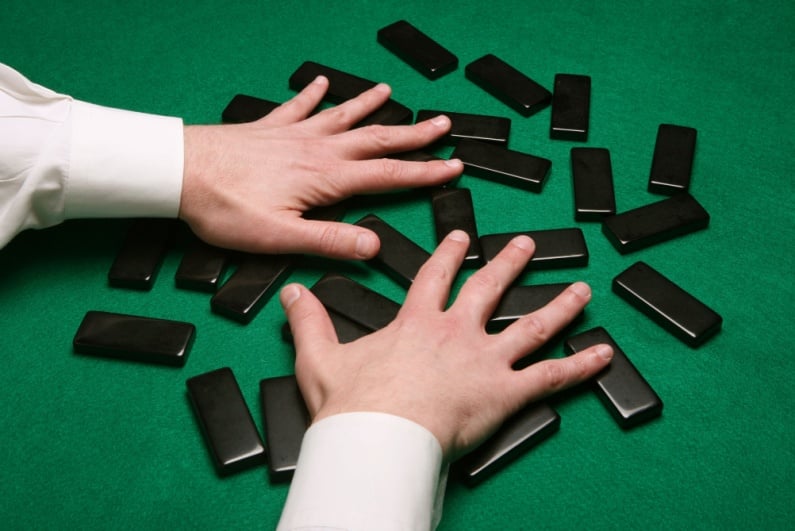Promised, but yet to happen
The Casino du Liban, Lebanon’s sole casino, intends to launch online gambling, according to a report in the country’s Daily Star. The casino’s CEO, Roland Khoury, said the online platform would offer sports betting as well as casino games. He said: “We are making all the preparations to set up the online gambling site in six months.”
Whether this will happen remains to be seen. The Casino du Liban first announced a proposal for online gambling in early 2017, opening attender process to find a partner that could provide the requisite technology as well as $15m investment.
However, a bill to legalize online gaming has failed to pass despite lingering in the Congress since 2012. Politicians could not agree on how to regulate Lebanon’s bingo halls, amusement arcades or a potential online gambling site. The finance ministry, which drafted the original legislation and then kept it updated while Congress dithered, has expressed frustration over the delay.
An official from the ministry said in July 2018: “We amended a draft in 2012 to include all gaming outside Casino du Liban, including the bingo centers, under the jurisdiction of the finance ministry. It hasn’t been approved or discussed by anyone since then because of the political nonsense you know about.”
Protecting its monopoly
The government remains supportive of Casino du Liban’s proposal. The casino has a state monopoly,with the government owning a majority stake in the shape of state-owned Intra Investment Company. It is run by the private operator London Clubs International, which is owned by Caesars Entertainment. Controversially, some of its employees are reportedly paid by the state. Khoury offered no information on who would operate the casino’s online gambling site.
Official online gambling at the casino would make a huge dent in illegal gambling operated by offshore platforms that have targeted the country for at least 10 years. These include William Hill, Bet 365, Bwin, PokerStars and Betfair.
The government ordered internet service providers in 2013 to block these offshore platforms. If the online gambling bill ever gets passed, Khoury claimed blocking would be greatly extended to protect Casino du Liban’s monopoly.
Illegal gambling takes millions of dollars of revenue that would greatly assist the country’s finances. The casino pays a 50% tax rate, worth some $45m, on revenues from its 600 slot machine. By contrast, the amusement arcades, which also have slots, pay only around $5m taxes annually.
Khouri said the casino had repeatedly asked the government to cut its tax rate to 40%, so as to compete on a level playing field with the arcades. Otherwise it wants the authorities to shut down the arcades, which number at least 200 and are unregulated. Such a move would increase the goverment’s revenue slice, as slots players would be forced to go to Casino du Liban.
Troubled history
The Casino du Liban has a checkered past. Based 22km north of the capital Beirut, it opened in 1959 in Lebanon’s heyday after it became independent from France and the culture was relaxed and even hedonistic. The city drew Western tourists eager to enjoy its post-colonial delights.
Famous visitors to the casino included the tycoon Aristotle Onassis, the actor Omar Sharif, and royalty in the shape of King Hussein of Jordan, Prince Albert II of Monaco, and the Shah of Iran. Among the cabaret performers were Jacques Brel, Julio Iglesias, and Duke Ellington.
The outbreak of civil war in 1975 put an end to tourism and the casino was forced to close its doors in 1989. Following the cessation of hostilities, the Casino du Liban reopened in 1996, with a 30-year license. The renovation of the war-damaged premises cost an estimated $50m.
The casino is currently around 35,000 square metres, with a casino room, night club, five restaurants, banqueting facilities and a theatre. The casino floor offers 60 gaming tables as well as the 600 slots.
Lebanon is still troubled with outbreaks of violence and a plot to car-bomb the casino on New Year’s Eve 2014 was narrowly averted. Since 2017, the US has advised its citizens not to travel to the country and it believes the Casino du Liban remains a security risk.
Despite this, Khoury, who took over as chief in 2017, has updated the various facilities and is also planning to build a 5 star hotel with 50 attached private apartments. He hopes the expansion will attract high rollers and VIPs.
But with Lebanon still on many Western governments’ list of countries unsafe to visit, it remains to be seen if Khoury’s plans will pay off.




